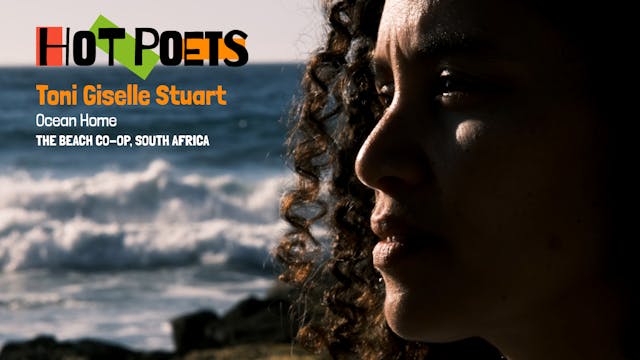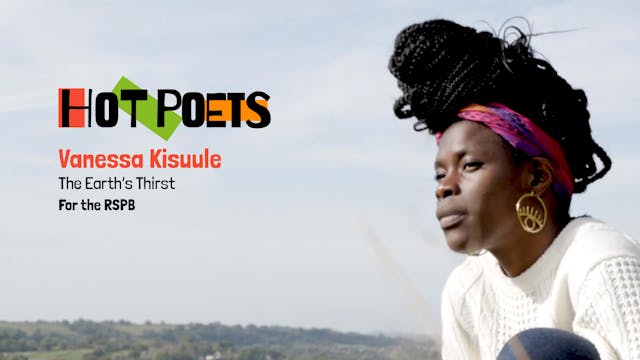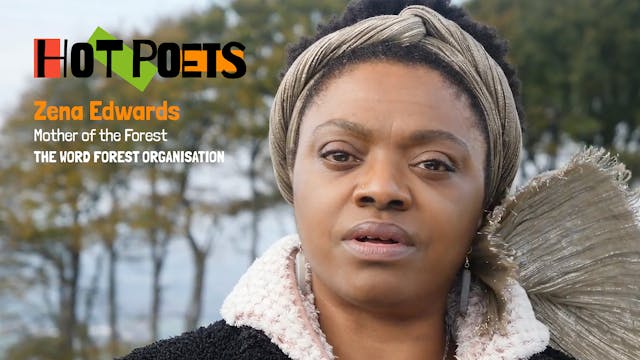Hot Poets - Yomi Ṣode, Chaos in the Sky and on Land
Hot Poets
•
4m 2s
Hot Poet: Yomi Ṣode
Matched with: Professor David M Schultz from the Centre for Crisis Studies and Mitigation, and Centre for Atmospheric Science, Department of Earth and Environmental Sciences, The University of Manchester
Poem Focus: How big weather events are reported
A crisis resulting from a natural disaster is not merely natural, but also depends upon how those disasters impact society because of weaknesses in infrastructure or societal response (e.g. despite a perfect weather forecast for Hurricane Katrina, over 1400 died). Such crises are often sudden-onset phenomena and difficult to predict, fostering dysfunctionality and paralysis in decision-making. What makes crises so intractable is that their solutions lie beyond the scope of conventional single-discipline problem-solving techniques. Through the interdisciplinary Centre for Crisis Studies and Mitigation, the University of Manchester is uniquely posed to address the root causes of crisis and future societal risks, in a manner that is democratic, just and inclusive.
Up Next in Hot Poets
-
Hot Poets - Toni Giselle Stuart, Ocea...
Hot Poet: Toni Giselle Stuart
Matched with: The Beach Co-op, South Africa
Poem Focus: Beach Clean-Up Plastic DataThe Beach Co-op began in 2015 when a group of volunteers started meeting every new moon to collect marine debris at our local surf break – the rocky shore at Surfers Corner in Muizen...
-
Hot Poets - Vanessa Kisuule, The Eart...
Hot Poet: Vanessa Kisuule
Matched with: RSPB
Poem Focus: PeatlandPassionate about nature, dedicated to saving it. Since the RSPB started on their mission in 1889, the threats to nature have continued to grow, but they’ve grown to meet them too. The RSPB is now the largest nature conservation ch...
-
Hot Poets - Zena Edwards, Mother of t...
Hot Poet: Zena Edwards
Matched with: The Word Forest Organisation
Poem Focus: Empowering women in Kenya to grow trees on the equator.The Word Forest Organisation is a young charity founded by passionate environmentalists based in the South West. They plant trees, build schools, facilitate educ...



